Freetown Cotton Tree
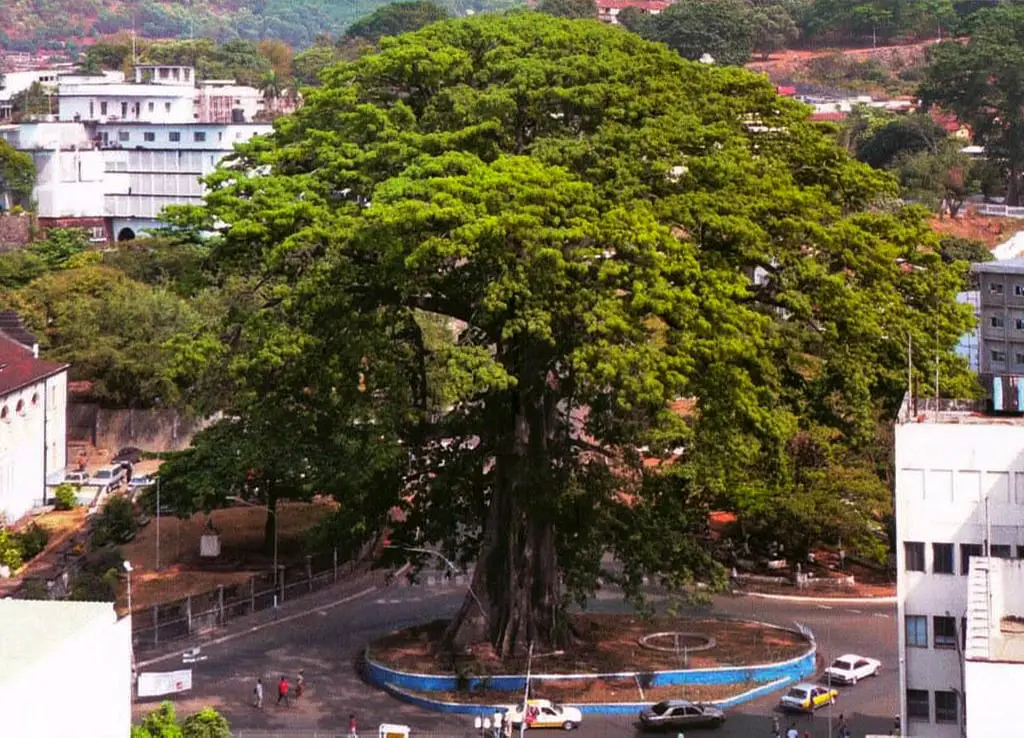
This giant beautiful cotton tree (Ceiba pentandra) stood in the center of Freetown. According to legend in 1792 the first returned slaves from the United States gathered under this tree and held a thanksgiving. The tree fell in May 2023.
St. John Falls near Gbedin
Some 25 – 30 m tall waterfall near Mount Nimba.
Mount Nimba
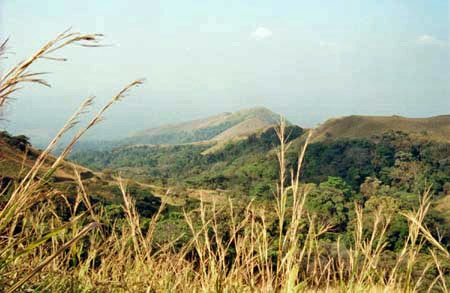
Up to 1,752 m high chain of mountains with a high number of endemic species of plants and animals, such as Nimba otter shrew (Micropotamogale lamottei), Western Nimba toad (Nimbaphrynoides occidentalis) – viviparous toad. The summit of the mountain is covered with grassland but slopes – with tropical forest. Here lives also a group of chimpanzees capable to use stones as tools. Mountain for the most part consists of high-grade iron ore.
Ottobeuren Abbey

Founded in 764. This abbey has a church that is one of the most ornate Baroque and Rococo buildings in world, built in 1737-1766.
Hagia Sophia

A former Orthodox basilica built between 532 – 537 AD, it is now a mosque. Possibly the highest achievement of Byzantine architecture, it has been the largest cathedral in the world for nearly 1000 years. Constructed in 532 – 537.
Victoria Falls (Mosi-oa-Tunya)

World’s largest curtain of falling water, 1,708 meters wide and 108 meters high waterfall. One of the most impressive natural sights in the world.
Kaani tree in Maroshi
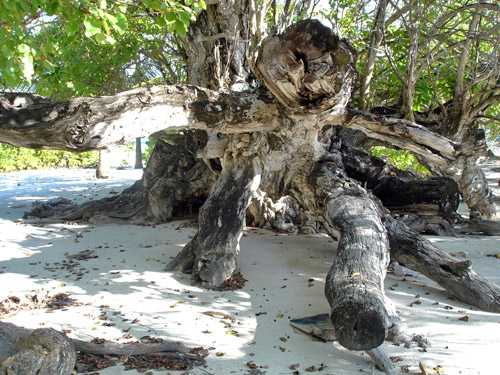
Enormous and legendary kaani tree (Cordia subcordata), reportedly grown from pole that was driven and used for anchoring the ships of Maldivian freedom fighter Sultan Mohamed Thakurufaanu in the 16th century.
Boddam Church
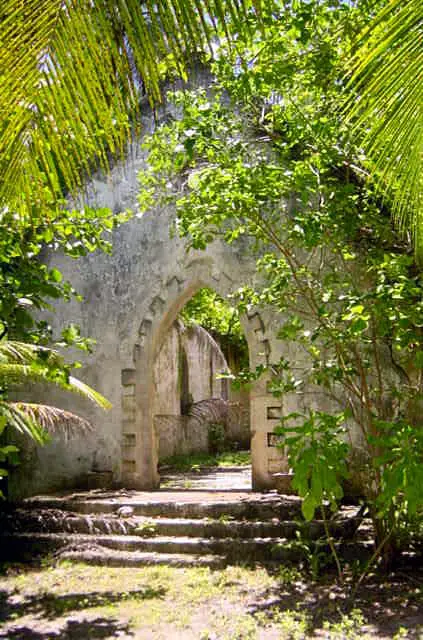
Ruins of Chagossian church in abandoned plantation village.
Chamarel Falls, Mauritius

The tallest waterfall in Mauritius, 83 m tall plunge.
Karahunj (Zorats Karer)
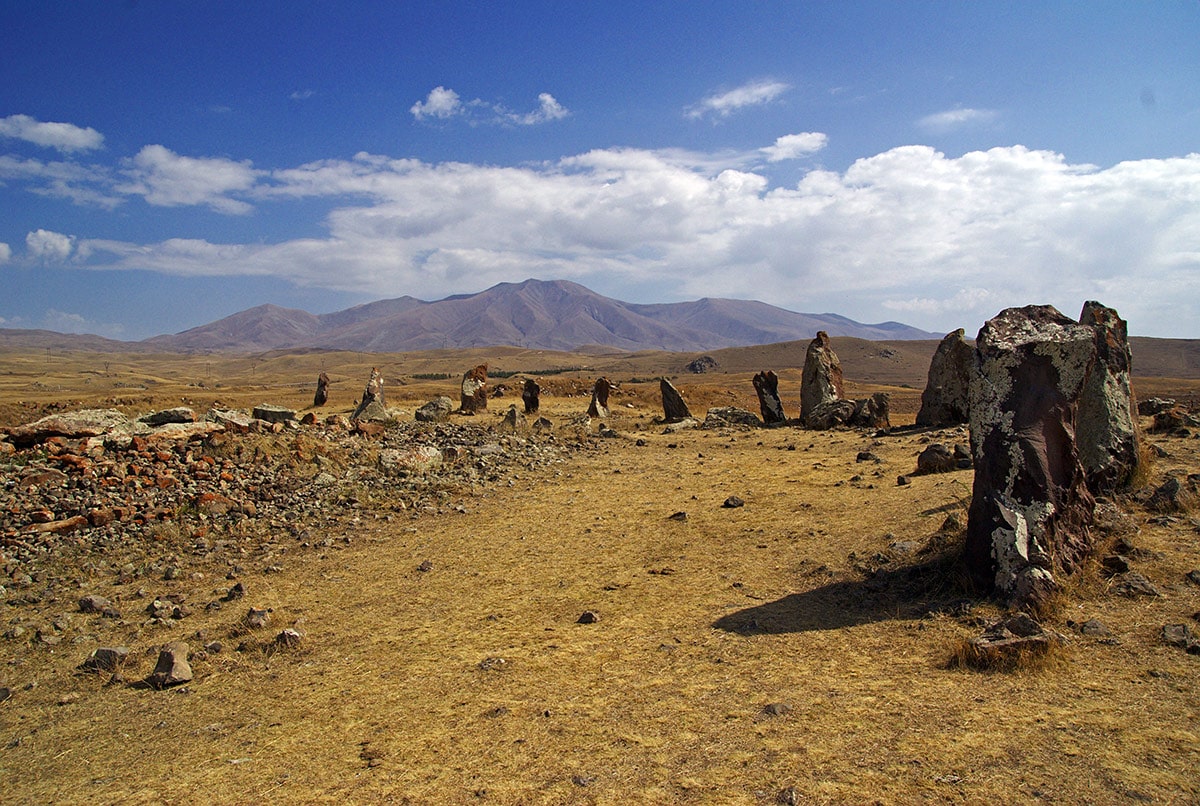
Megalithic necropolis from the 3rd – 2nd millenia BC (?). Contains a ring of upright stones. Some 223 stone tombs are here, from the Middle Bronze Age to Iron Age. Many stones have holes in them and there is a hypothesis that these holes were used in ancient astronomy.
